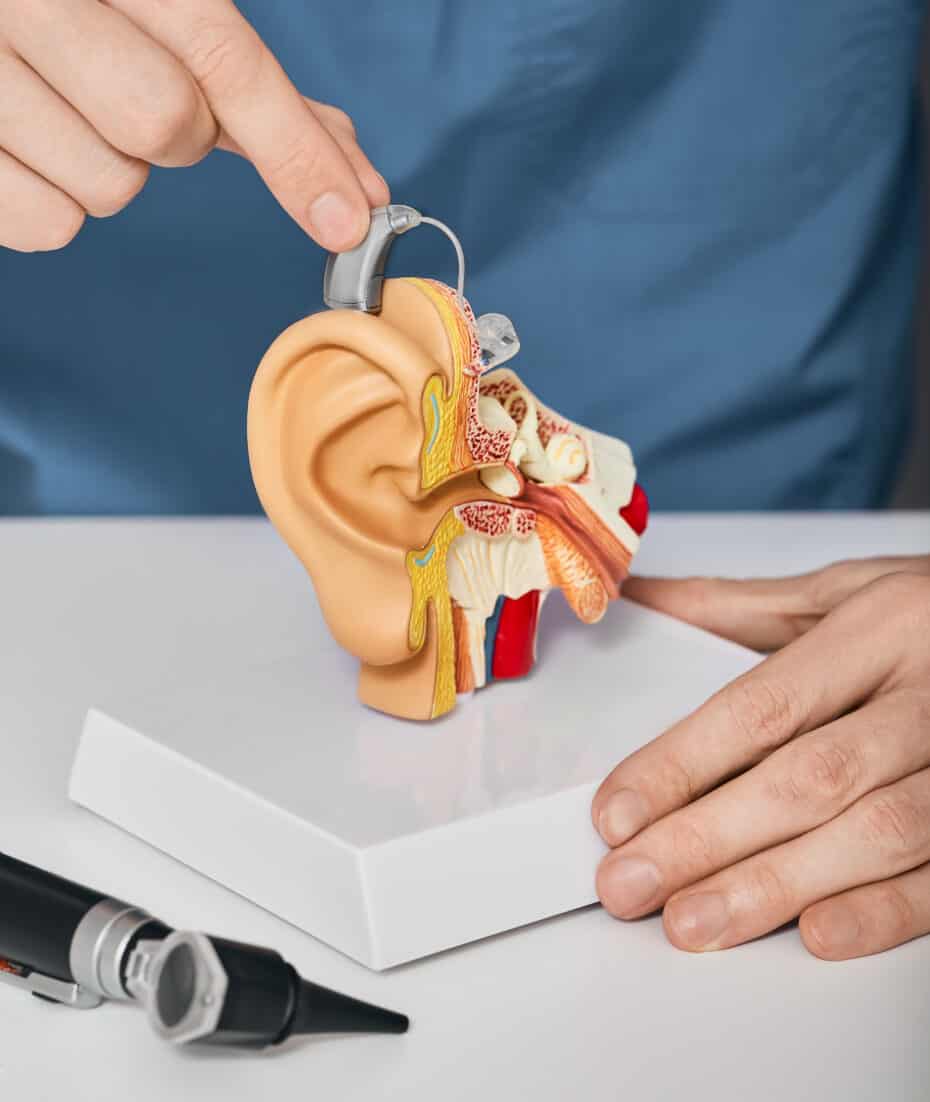Hearing loss is a prevalent condition that affects millions of people worldwide, impacting their ability to communicate effectively and engage fully in daily activities. For many individuals with hearing loss, hearing aids are a vital solution that can significantly improve their quality of life. However, one common concern among individuals considering hearing aids is the cost and whether insurance coverage is available. Let’s explore how much hearing aids typically cost and whether insurance plans cover them.
Understanding the Cost of Hearing Aids:
The cost of hearing aids can vary widely depending on several factors, including:
Type and Model: Hearing aids come in various types and models, each with different features, technology levels, and price points. Basic models may start at a few hundred dollars per ear, while more advanced models with cutting-edge features can cost several thousand dollars per ear.
Features and Technology: Advanced features such as noise reduction, Bluetooth connectivity, rechargeable batteries, and smartphone compatibility can significantly impact the cost of hearing aids. High-end hearing aids with the latest technology tend to be more expensive than basic models.
Provider Fees: The fees charged by hearing healthcare providers or hearing instrument specialists, can also contribute to the overall cost of hearing aids. Provider fees may include services such as hearing evaluations, fitting appointments, follow-up care, and adjustments.
Accessories and Additional Services: Additional accessories such as remote controls, cleaning kits, warranty coverage, and ongoing support services may incur extra costs beyond the initial purchase price of hearing aids.
Does Insurance Cover Hearing Aids?
While some insurance plans provide coverage for hearing aids, coverage varies widely depending on the type of insurance plan, provider, and individual policy. Here’s what you need to know about insurance coverage for hearing aids:
Private Health Insurance: Some private health insurance plans offer partial or full coverage for hearing aids as part of their benefits package. However, coverage limits, copayments, deductibles, and eligibility criteria may apply. It’s essential to review your insurance policy or contact your insurance provider to understand your coverage options and any out-of-pocket expenses you may incur.
Medicare: Original Medicare (Part A and Part B) typically does not cover hearing aids or routine hearing exams for adults. However, some Medicare Advantage (Part C) plans may offer hearing aid coverage as an optional benefit. Check with your Medicare Advantage plan provider to see if hearing aid coverage is included and any associated costs.
Medicaid: Medicaid coverage for hearing aids varies by state, with some states offering comprehensive coverage for hearing aids and related services for eligible individuals. Medicaid may also cover hearing aids for children under the Early and Periodic Screening, Diagnostic, and Treatment (EPSDT) program. Contact your state’s Medicaid office to inquire about coverage options and eligibility requirements.
Veterans Benefits: Veterans may be eligible for hearing aid benefits through the Department of Veterans Affairs (VA) if their hearing loss is service-connected or related to military service. The VA provides hearing aids, evaluations, fittings, and ongoing support services for eligible veterans. Contact your local VA healthcare facility or Veterans Service Organization for more information about hearing aid benefits for veterans.
Other Financial Assistance Options:
In addition to insurance coverage, there are other financial assistance options available to help offset the cost of hearing aids:
Financial Assistance Programs: Some nonprofit organizations, charitable foundations, and government agencies offer financial assistance programs to help individuals with hearing loss afford hearing aids. These programs may provide subsidies, discounts, or low-cost hearing aids for eligible individuals.
Flexible Spending Accounts (FSAs) and Health Savings Accounts (HSAs): FSAs and HSAs allow individuals to set aside pre-tax dollars to pay for qualified medical expenses, including hearing aids and related services. Check with your employer or financial institution to see if you have access to an FSA or HSA and any applicable contribution limits.
The cost of hearing aids can vary depending on factors such as type, model, features, provider fees, and accessories. While insurance coverage for hearing aids varies by plan and provider, some insurance plans offer partial or full coverage for hearing aids as part of their benefits package. Additionally, financial assistance programs, flexible spending accounts, and other options may help offset the cost of hearing aids for eligible individuals. If you’re considering purchasing hearing aids, it’s essential to explore your insurance coverage options, inquire about financial assistance programs, and discuss pricing and payment options with your hearing healthcare provider.

